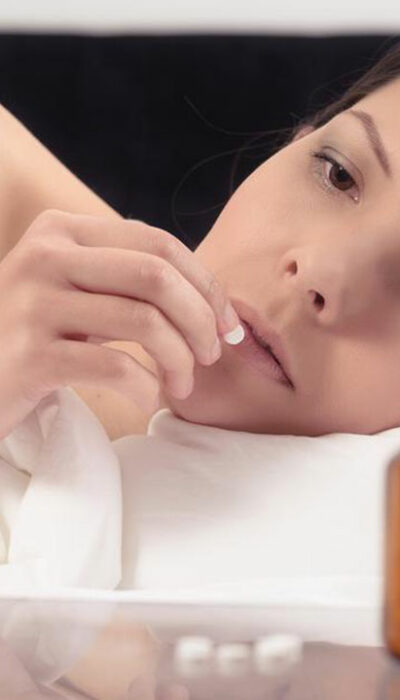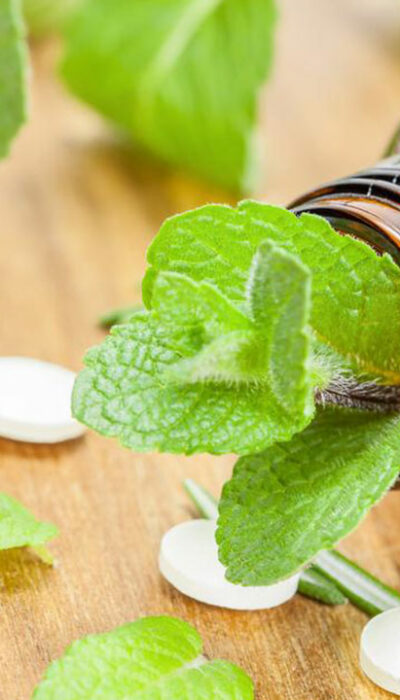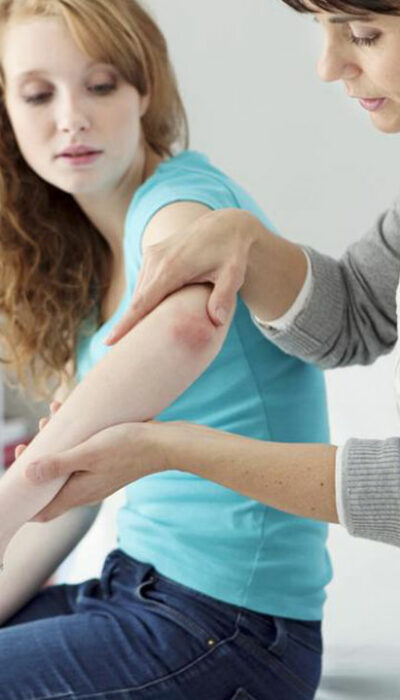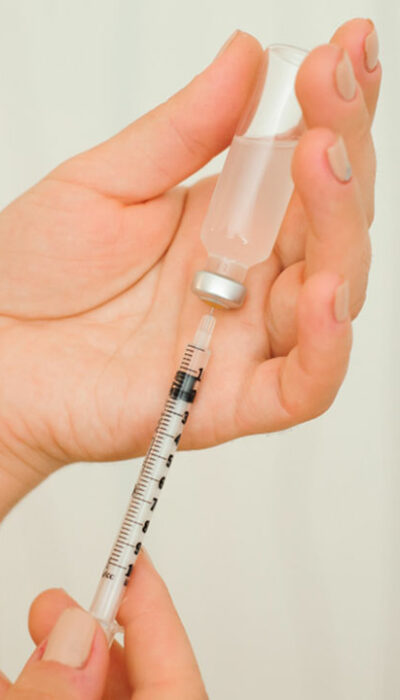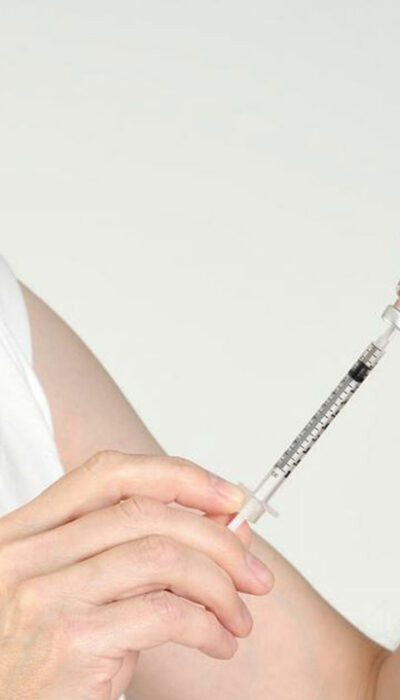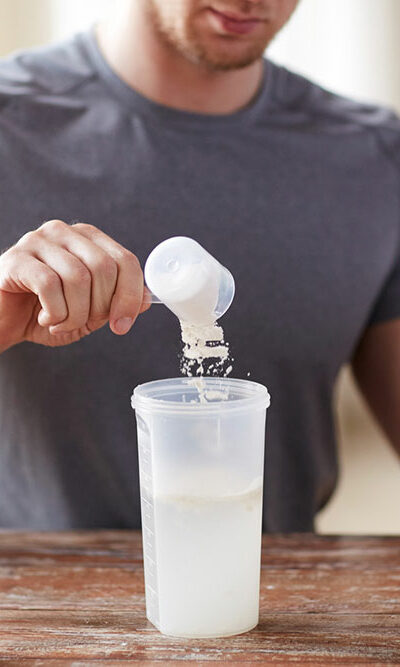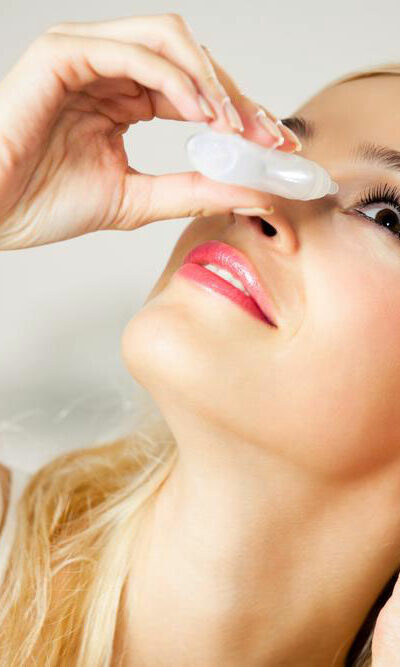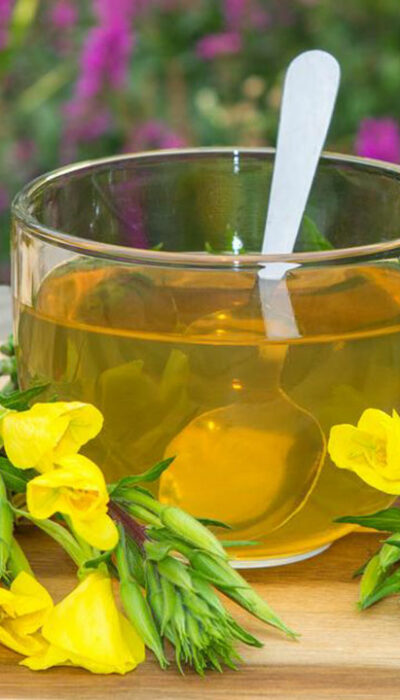
Popular Natural Remedies For Treating Allergies
There are several people in this globe who suffer from allergies. These are nothing but seasonal event, that occur especially during season-changing times. These are caused by the reaction of our immune system to some pollen or other things. People rely upon drugs but there are some side effects too if you don’t consider a specialist in this case. If you want to try some natural or herbal ways, there are certain alternatives that can be effective if used regularly for a longer time. These substances are beneficial for natural allergy treatment. Butterbur This is a herb and works by preventing leukotriene and help in clearing the nasal passages. The extract of the roots (Ze 339) is pretty much beneficial like releasing antihistamines and called as ‘non sedative antihistamines’. Netipot To clear blocked nasal passages due to allergens, the herbal tonics are of great use. It has gathered sufficient mainstream attention of medical community. It demonstrates that usage of neti pot is good for preventing band treating different respiratory ailments like acute sinusitis, or cold as well as the seasonal allergies. Remember that water must be distilled and sterile and Tap water is full of chlorine of Fluoride which are not good to cure sinuses. As an alternative, you can also mix sea salt with lukewarm water and suck through nostrils. Apple Cider Vinegar Unfiltered and raw ACV is best for natural allergy treatment as it contains “Mother” of vinegar. You can start your day with a glass of water having a teaspoon of ACV and some lemon juice. In case of allergy, take one teaspoon of ACV in the neti pot solution for best result. Quercetin It is usually found in vegetables of cruciferous families, fruits, wines, onions, green teas and also in citrus fruits This substance is bioflavonoid which fixes the histamine releases and regulate the signs of allergies naturally.

